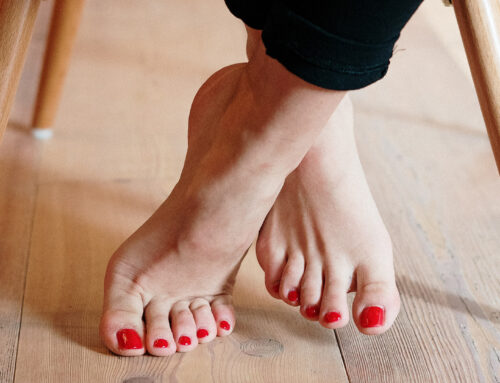 Leg Cramps at Night Could be a Sign of Venous Insufficiency
Leg Cramps at Night Could be a Sign of Venous Insufficiency
Being jolted awake during the night with painful leg cramps is not only a rude awakening, but may also be the symptom of a more serious condition: venous insufficiency.
Many people associate painful nighttime leg cramps with muscle fatigue, dehydration or low levels of magnesium or potassium. However, they are more likely to be a symptom of venous insufficiency, which basically means your veins aren’t adequately circulating your blood, especially from your lower extremities.
If left untreated, venous insufficiency can lead to the development of varicose veins and spider veins, venous ulcers and other complications.
Diagnosis & Treatment
If you’re prone to painful leg cramps, talk to your doctor to get to the root of the problem. The disease becomes more serious as it progresses. We can diagnosis the condition with a painless vascular ultrasound, right in our office.
Best Way to Sleep with Varicose Veins
The earlier venous insufficiency is diagnosed, the better it can be managed and treated. Most treatment options are lifestyle-related, at least in the early stages. Depending on your specific situation, our recommendations may include:
- wearing compression stockings,
- elevating legs when sitting or sleeping,
- avoiding long periods of sitting or standing still,
- regular exercise,
- weight loss, and
- smoking cessation
Medical interventions may be necessary at later stages of the disease.
Don’t be surprised if you notice an uptick in leg pain and cramping as the weather gets warmer. Increased temperatures result in increased vasodilation, which means your veins expand and hold more blood, intensifying pain and pressure.
If you have symptoms of venous insufficiency, including leg cramping, pain and heaviness, or varicose veins, call us to schedule an evaluation.






